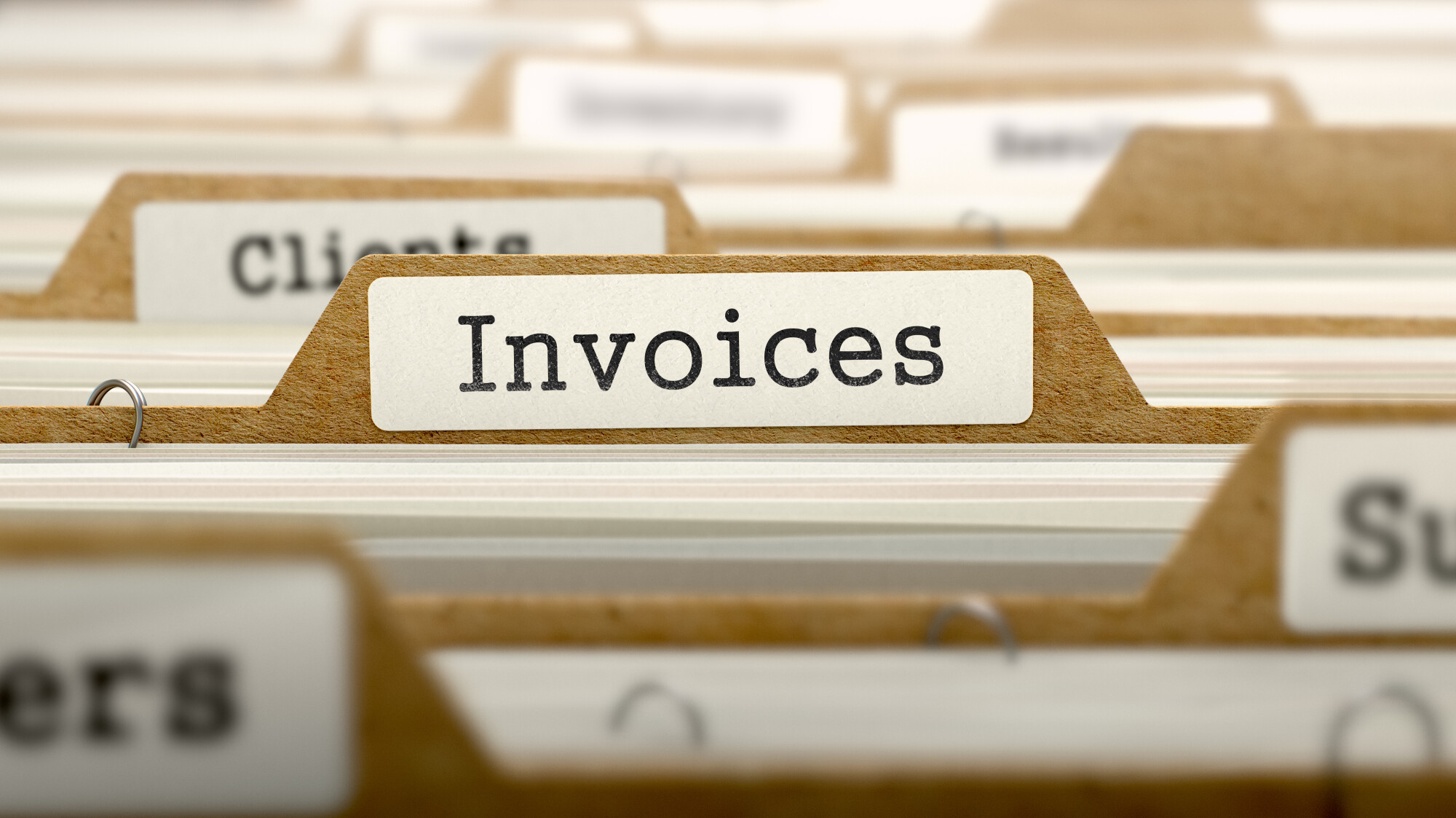It is high time to bid farewell to that shoebox overflowing with receipts. Effective rental property accounting is an absolute necessity to safeguard the success of your investment. Without it, you risk unknowingly losing money.
Secure your path to success by implementing a well-structured accounting plan for your rental property.
Separate Personal and Rental Accounting
Always have separate bank accounts for your personal and professional finances. This makes tracking rental accounting easier, tax filing simpler, and reduces your personal financial liability. If you collect deposits, you must set this money aside until the end of the lease.
You may have to return the deposit to the tenant. If it is in your personal account, you risk accidentally spending it. This would be a violation of Utah landlord/tenant law.
Use Accounting Software
Using accounting software will digitize your finances. It will gather everything in one place, making it easier to reference.
Software also makes reporting and analyzing easier. That way, you can spot trends and make corrections sooner.
Establish a System
Once you have your accounts and software set up, your next task is to establish a system. This ensures you accurately track your deposits, income, and expenses. Without a system, you risk procrastinating accounting tasks and reporting not getting done.
Track Income and Expenses
If you do not want to get in trouble with the IRS, track your rental income and expenses. Tax regulation is complex, and you need to keep detailed records if you intend to claim deductions for your rental property expenses.
Allocate Expenses
It is not enough to track your expenses. Allocate them into categories. This will help you understand where the majority of your expenditures go. This will help with future financial planning and optimizing your ROI.
Consider using these categories to get started.
- Marketing
- Tenant Screening
- Maintenance
- Improvements
- Cleaning
- Legal
Plan for Future Property Expenses
Part of your accounting activities should include future expense planning. You will need to invest in your property to ensure value appreciation.
You should have an account that you use for routine maintenance and repairs. You also need an account for planned property upgrades. These could be renovations or remodels that significantly improve the property.
Outsource Your Accounting
If accounting is not something you are interested in or skilled at, consider outsourcing. A property manager can handle all of the accounting-related tasks. This includes collecting and holding deposits to monthly rent collection.
Your property manager can also provide you with monthly reporting. That way, you stay in tune with the financial status of your rental property.
Improve Your Rental Property Accounting
Thoroughly monitoring and categorizing expenses is crucial for optimizing your return on investment and planning for future property-related costs. Utilizing accounting software streamlines financial tracking while establishing a systematic approach ensures accurate recording of deposits, income, and expenses. For those who prefer to focus on other aspects of property management, outsourcing rental property accounting tasks to a property manager is a viable solution.
Make your rental accounting easy with the help of our skilled property managers.


